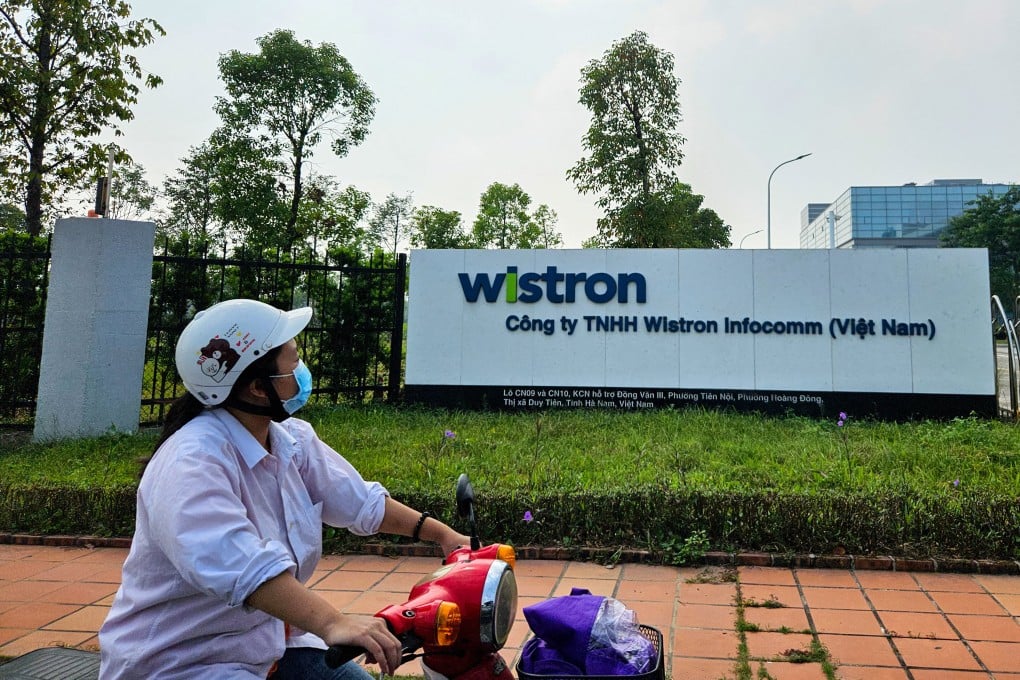Advertisement
Opinion | In a Trump 2.0 trade war against China, Vietnam stands to benefit again
With its growing hi-tech manufacturing and US partnership in trade and security, Vietnam will be a critical beneficiary of the economic fallout
Reading Time:3 minutes
Why you can trust SCMP
2

April 30 will mark 50 years since the fall of Saigon, effectively ending the Vietnam war. Since then, US-Vietnam relations have evolved into a strong, multifaceted partnership, defined by shared economic interests, strategic alignment and mutual respect.
Once adversaries, the two nations now collaborate on a wide range of issues, from trade and investment to regional security and climate change. With Donald Trump’s return to the White House, Vietnam, as a burgeoning manufacturing centre and vital US trading partner, could benefit significantly from US-China tensions.
As the US-China geopolitical and economic competition intensifies, Vietnam stands out as a strategic and economic ally in the Indo-Pacific, leveraging its dynamic economy and strategic location to balance China’s influence while maintaining its independence.
Advertisement
This deepened cooperation reflects the transformation of a historically fraught relationship into a forward-looking partnership, underscoring the resilience of diplomacy and shared commitment to regional stability.
US-China tensions have escalated over the past decade, marked by trade wars, disputes over intellectual property and military stand-offs in the South China Sea. Under Trump’s presidency from 2017-2021, the US implemented tariffs on hundreds of billions of dollars of Chinese goods, prompting American companies to rethink their reliance on China-based supply chains.
Advertisement
The incoming White House administration has emphasised its commitment to punitive trade policies targeting China, signalling a continuation and intensification of its decoupling from Beijing.
Advertisement
Select Voice
Select Speed
1.00x
